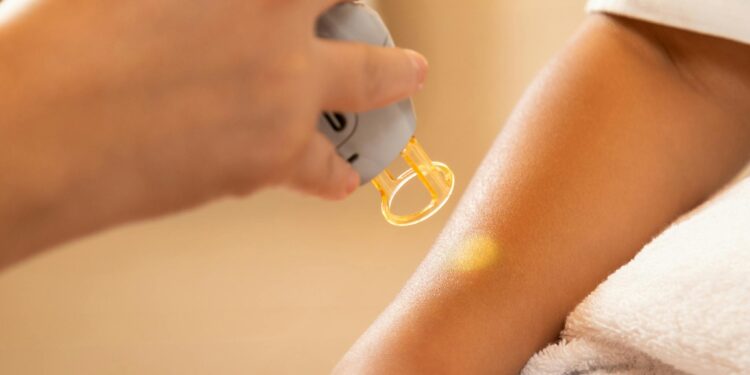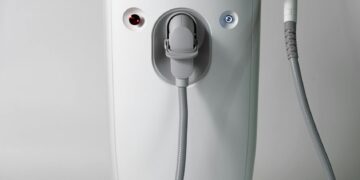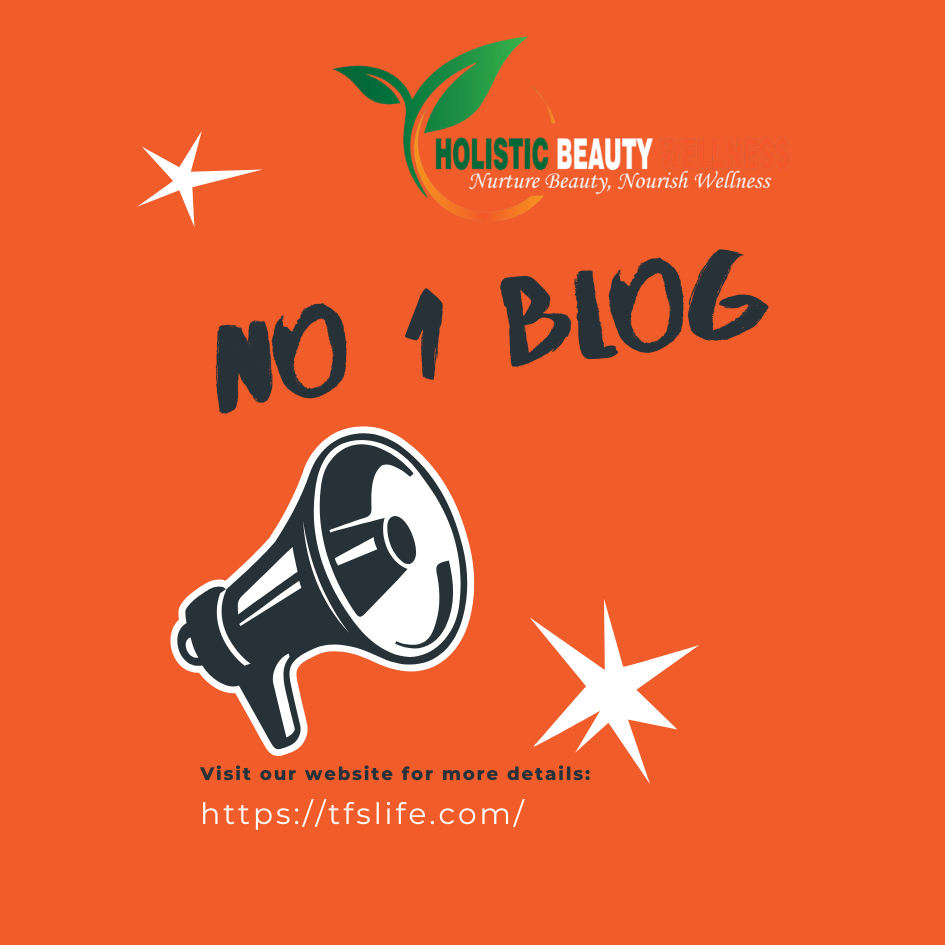Find out how AI-driven technologies assist in detecting skin issues and suggest efficient, tailored remedies for each kind of skin.
A New Age of AI-Powered Skincare
Skincare is just one of the many industries that have seen breakthrough artificial intelligence (AI) advancements in recent years. Historically, a dermatologist’s physical examination is necessary to diagnose skin disorders. But thanks to the incorporation of AI technology, everyone can now more easily and quickly diagnose skin issues and receive personalised treatment recommendations. Using sophisticated algorithms and machine learning, this invention is revolutionising the way people approach skincare by analysing skin types, identifying ailments, and making customised remedy recommendations.
With the growing need for customised skincare products, AI-powered solutions are helping to bridge the gap between technology and health. The global skincare market is estimated to be worth over $160 billion. This blog examines the ways artificial intelligence is revolutionising dermatology, enhancing skin diagnostics, and guaranteeing efficacious treatment recommendations.

How AI Diagnoses Skin Conditions
AI analyses large datasets, such as skin photos and dermatological cases, using deep learning algorithms and machine learning models. AI can recognise patterns, detect anomalies, and make very accurate predictions about the type of skin problems by training these models with hundreds of photos of various skin disorders.
This is How the Procedure Operates:
1. Image Analysis: AI systems examine high-definition pictures of the skin captured by dermatoscopes, cell phones, or specialised cameras. The algorithm picks up on subtle information like texture, colouration, and the existence of rashes, acne, or lesions.
2. Recognition of Patterns: Machine learning models identify patterns that are associated with common skin disorders, including rosacea, psoriasis, acne, eczema, and even more serious problems like melanoma.
3. Diagnosis and Prediction: AI makes a likely diagnosis of the skin ailment based on the patterns it has found.
4. Customised Suggestions: AI programs make recommendations for customised skincare regimens or treatments based on information about skin types, ailments, and prior treatments.
For instance, by detecting anomalies and highlighting issues for medical intervention, AI-powered applications such as Skin Vision and Miiskin assist users in keeping an eye on the health of their skin. Early problem detection and prompt treatment are made feasible by these instruments.
Advantages of AI in Skin Diagnostics
The application of AI in cosmetics and dermatology has several benefits that are transforming the field:
1. Convenience and accessibility
People may now receive skin diagnostics from the comfort of their homes thanks to AI-driven solutions that are available on smartphones and other devices. Those who live in isolated places with little access to dermatologists will especially benefit from this.
2. Affordable Remedies
Dermatologist visits can be expensive, particularly for those without sufficient health insurance. AI platforms and applications give initial skin assessments and treatment recommendations, making them a more affordable option.
3. Prompt Identification of Severe Conditions
Early indicators of dangerous diseases like melanoma can be found with AI technologies. By comparing photos of lesions or moles with large databases, AI can warn people about possible dangers and encourage them to get help from a doctor immediately.
4. Increased Precision
The accuracy of AI in identifying skin issues is on par with or even higher than that of humans. According to a 2018 study that was published in the Annals of Oncology, AI was able to identify melanoma with a 95% accuracy rate, which was higher than dermatologists’ 87% rate.
5. Customised Skincare Suggestions
AI goes beyond simple diagnosis. It determines a user’s skin type, issues, and preferences to create individualised treatment plans that include recommended skincare products, lifestyle changes, and medical guidance.
Skincare Revolutionised by AI-Powered Tools
The development of AI has led to the creation of several cutting-edge products and applications that assist people in taking control of their skin health. Leading AI-powered skincare technologies include the following:
1. Skin Vision
A software called Skin Vision uses artificial intelligence to find early indicators of skin cancer. The application analyses user-uploaded photographs of skin patches for possible hazards and, if required, recommends seeing a specialist.
2. DermAI
DermAI recognises skin disorders like psoriasis, eczema, and acne using machine learning algorithms. It helps customers properly monitor the condition of their skin by offering them personalised treatment recommendations and comprehensive reports.
3. Skin360 by Neutrogena
Through an analysis of the hydration, texture, and tone of the user’s skin, this app provides a customised skincare experience. Neutrogena Skin360 uses artificial intelligence (AI) to analyse image data and suggest customised product regimens based on user requirements.
4. Perso by L’Oreal
Skin analysis is used by L’Oreal’s AI-powered Perso device to provide personalised skincare products. To give a skincare solution that changes to meet the user’s evolving needs, it assesses environmental elements such as pollution, humidity, and UV exposure.
5. The PimEyes
PimEyes uses AI for facial recognition to detect pigmentation, wrinkles, and fine lines on the skin. Users can monitor the health of their skin and the efficacy of treatments by using this tool to analyse changes over time.
Professional Dermatology Clinics Using AI
Beyond consumer apps, AI is revolutionising dermatology practices in the medical field by improving the efficiency and accuracy of diagnostics. These days, dermatologists use AI to help identify and diagnose complicated skin disorders. Dermatologists can now more accurately assess skin conditions with AI-based imaging technologies like dermatoscopes and 3D scanners, which helps them make well-informed decisions and maximise treatment outcomes.
AI-assisted systems like Vectra 3D and FotoFinder, for example, offer sophisticated imaging and analysis for cosmetic operations and skin cancer screenings. These solutions guarantee precise and timely diagnosis by fusing AI technology with human expertise.
AI’s Drawbacks and Limitations in Skincare
Although AI has great potential for identifying skin conditions and suggesting therapies, there are a few obstacles that must be overcome:
1. Data Privacy Issues: Users of AI products must upload pictures of their skin, which raises security and privacy concerns.
2. Reliability and Bias: The quality of the data used to train AI algorithms is a function of its reliability. People with darker skin tones may receive incorrect diagnoses as a result of training datasets that lack variety.
3. Over-reliance on Technology: People may be deterred from obtaining expert medical assistance for serious skin issues if they rely too much on AI tools.
4. Regulation and Approval: Users must proceed cautiously while using AI-based products and apps because not all of them have been subjected to rigorous regulatory review or approval.
Future Applications of AI in Skincare
AI in dermatology appears to have a bright future ahead of it, with developments ready to overcome present constraints and increase potential. Expect the following as technology advances:
• Increased Precision: As AI algorithms advance, ever more precise skin diagnoses will be possible.
• Wearables and Smart Device Integration: AI will be integrated into wearables and smart devices to monitor skin in real time.
• Greater Accessibility: AI tools will become more reasonably priced and available to those living in low-resource environments.
• Cooperation with Dermatologists: AI will help dermatologists diagnose and treat skin conditions by acting as a supplemental tool.
In Conclusion, AI is a Revolution in Skincare
The skincare sector is changing because of AI-powered solutions that offer precise diagnosis, individualised care, and early identification of severe skin disorders. AI helps people across the world have easier access to more inexpensive and more effective skincare by bridging the gap between dermatology and technology. However, even if AI has many advantages, it is crucial to utilise these technologies sensibly and seek the advice of dermatologists for comprehensive treatment.
The way we approach skincare could be completely changed by AI as it develops further, giving consumers unprecedented control over the health of their skin. With artificial intelligence (AI) at the vanguard of this fascinating shift in skincare technology, the future is bright.
















